Building the School-to-Abolition Pipeline
A high school teacher explains how restorative justice helps students envision a different model of justice and community at school.

A high school teacher explains how restorative justice helps students envision a different model of justice and community at school.
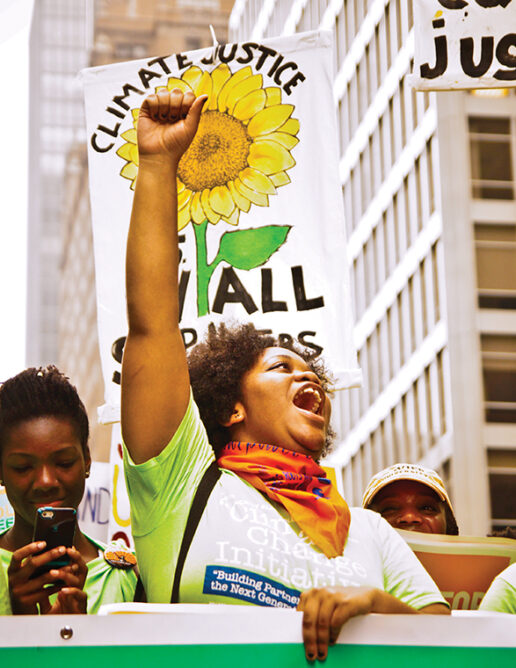
Bigelow recommends 10 essential elements of a robust climate justice curriculum.
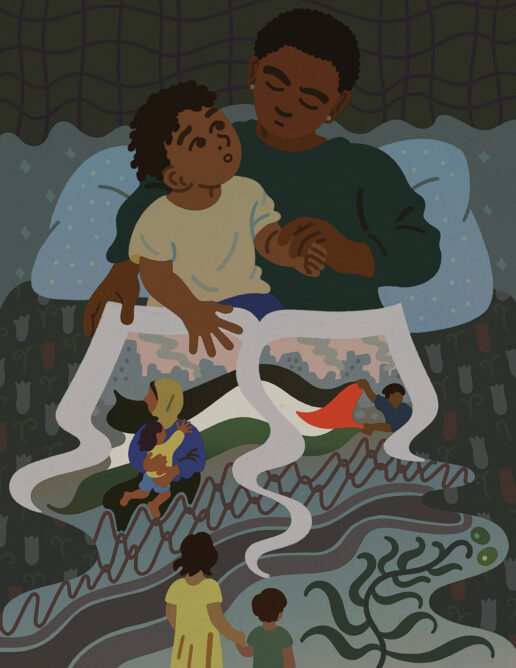
A Palestinian American elementary teacher provides guidelines for adults in conversations with young children about Gaza.
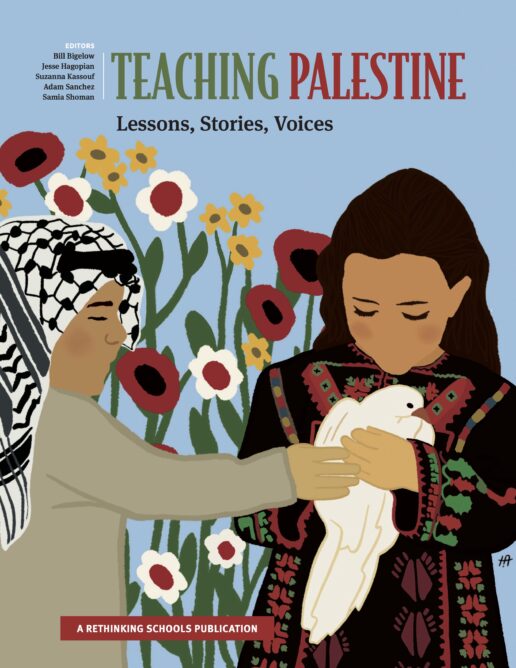
Palestine has long been one of the great silences in the official curriculum. Teaching Palestine: Lessons, Stories, Voices provides educators with powerful tools to uncover the history and current context […]
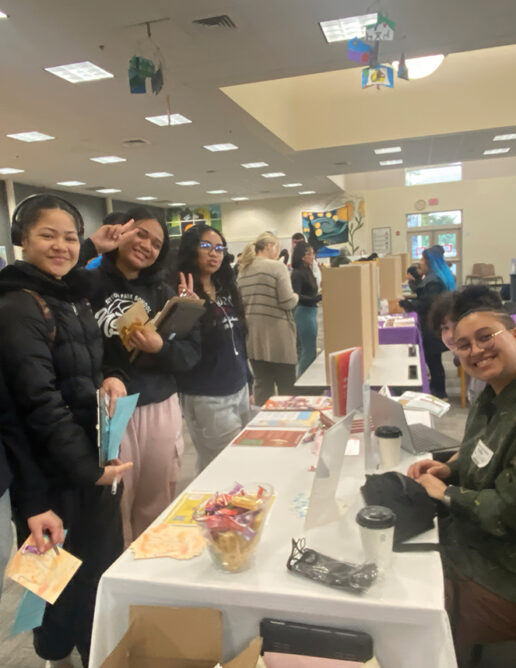
High school students envision alternative uses for a planned freight distribution warehouse near their school — and challenge their own conceptions of environmental activists in the process.

Transgender Justice in Schools provides inspirational stories from trans students and educators and resources for teachers, students, and parents seeking to build communities where everyone flourishes. This book will educate, […]
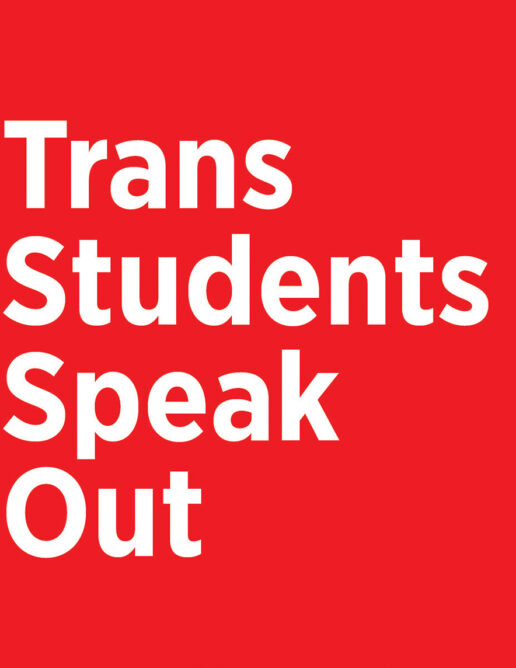
We asked transgender students what teachers have done and could do to support nonbinary students. Here’s how they responded.
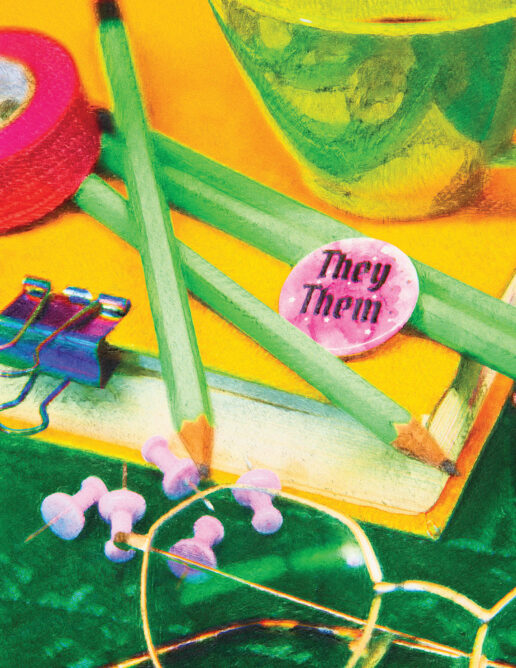
A nonbinary educator reflects on the difficulty and the power of being out in school.
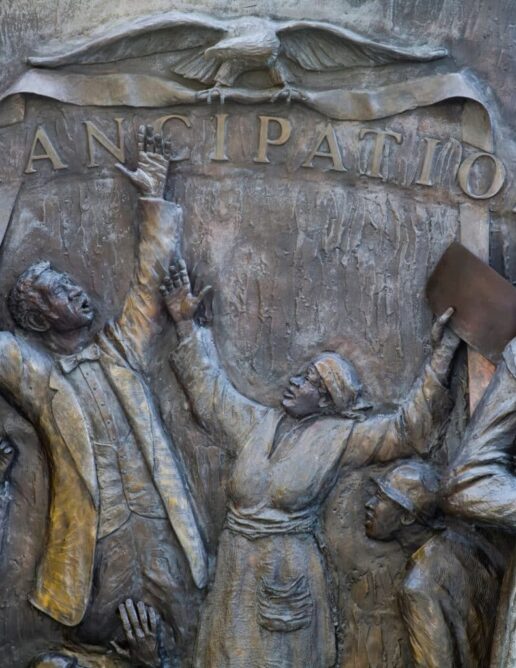
Juneteenth — June 19th — also known as Emancipation Day — is one of the commemorations of Black people seizing their freedom in the United States. Below is a list of resources […]
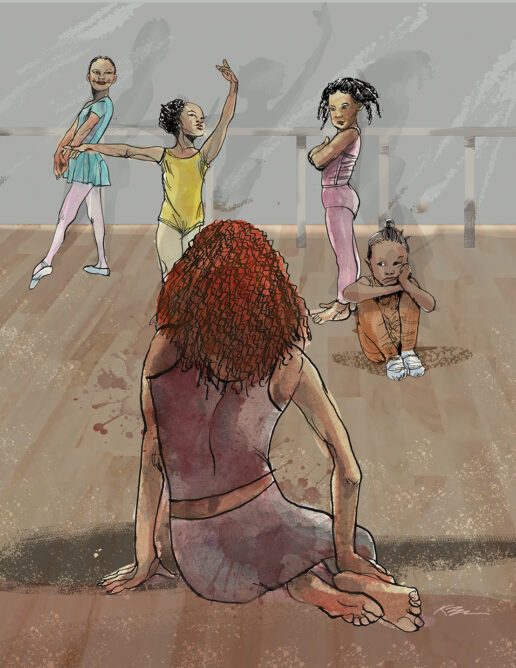
A dance teacher reflects on how to replace a pedagogy of control and policing with one that encourages creativity and liberation.
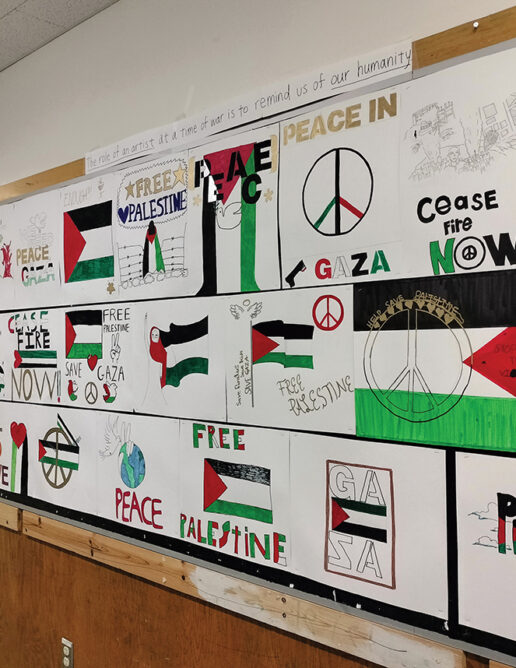
Educators in Oakland share the dramatic story of what happened when they organized a teach-in for Palestine.
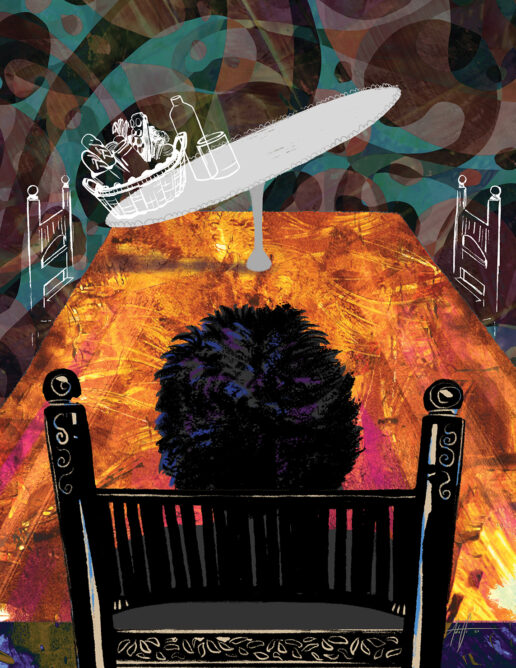
An equity coach argues for the importance of service learning for social justice and describes how elementary teachers she worked with developed a project around hunger.
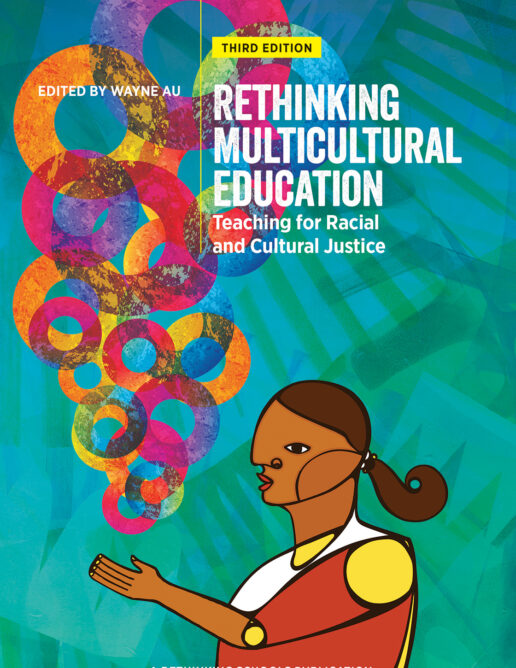
Practical, rich in story, and analytically sharp, Rethinking Multicultural Education can help current and future educators as they seek to bring racial and cultural justice into their own classrooms.
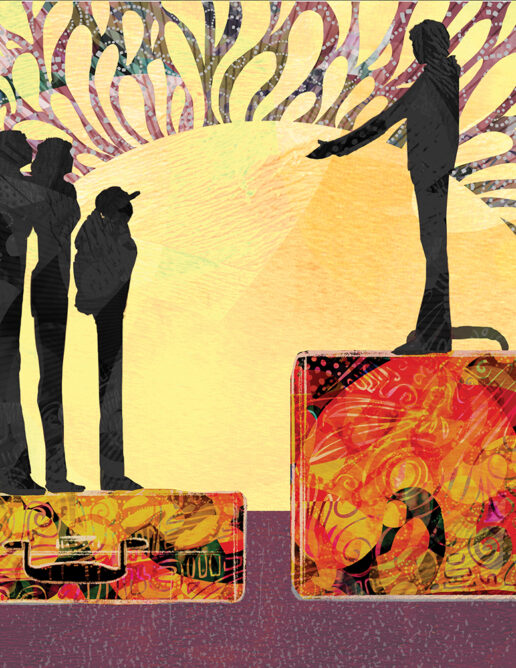
A 4th- and 5th-grade bilingual teacher details how the practice of home visits helped him connect with migrant students and families who were bused from Texas to New York.

Las visitas al hogar son una práctica fundamental de mi labor como docente comunitario. Sin embargo, este año tuve una experiencia completamente diferente. Este año, todas las familias de los […]
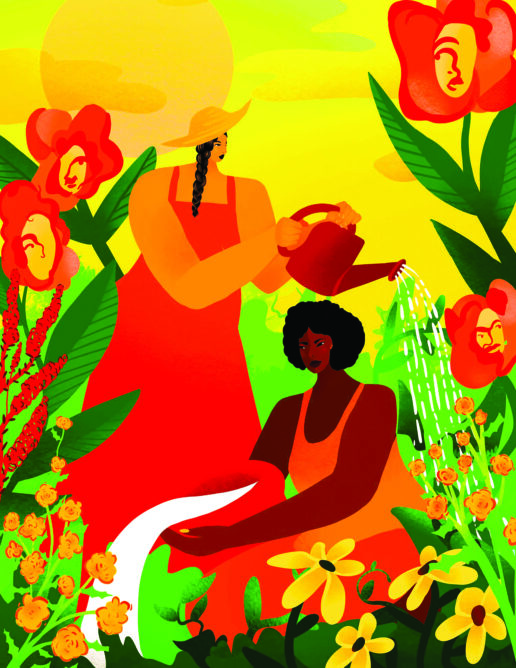
Christensen has students reimagine literature and their own stories to talk back to and disrupt injustice — and build solidarity.
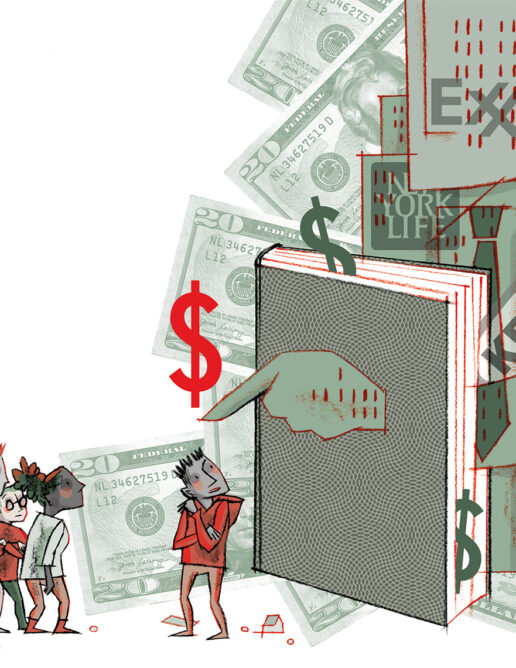
A high school teacher analyzes the biases in financial literacy curricula and shares how he teaches about alternative economic systems and powerful labor and social movements instead.
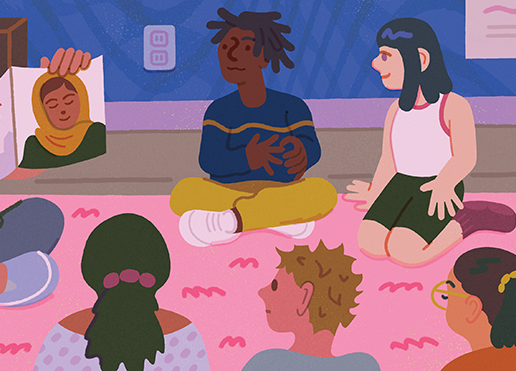
Green and her students critique the idea that good citizens follow rules, and then study activists who make — rather than keep — peace in the face of injustice.
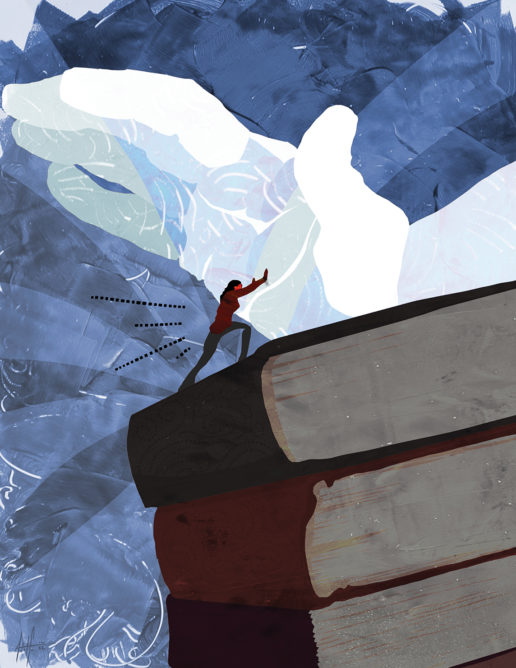
Teacher educators describe how teachers interpret Tennessee’s “Prohibited Concepts in Instruction” law; vague language suppresses — educators resist.
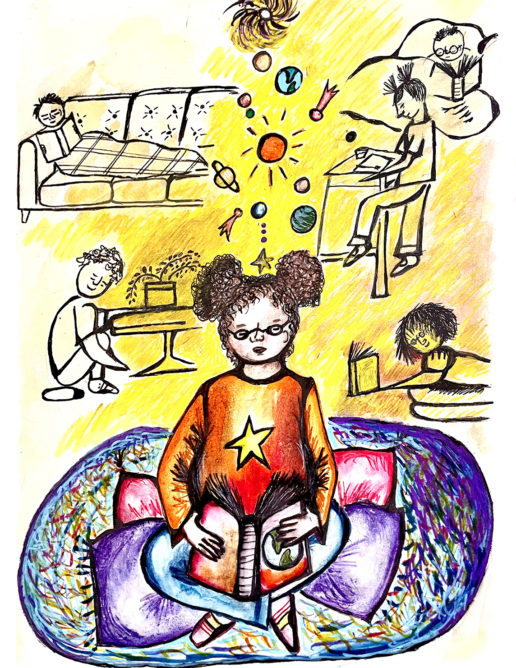
As one teacher says, “My students may be little, but that does not mean their emotions are.” A parent of a student with Down syndrome and educators in the same district discuss inclusive teaching strategies and pedagogical risk-taking.
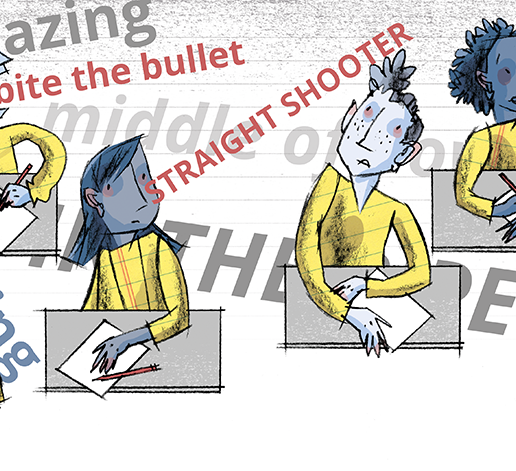
Too often our metaphors embed messages that are hostile to the Earth and to social justice. Metaphors can reflect — and legitimate — a violent, extractive, colonial worldview.
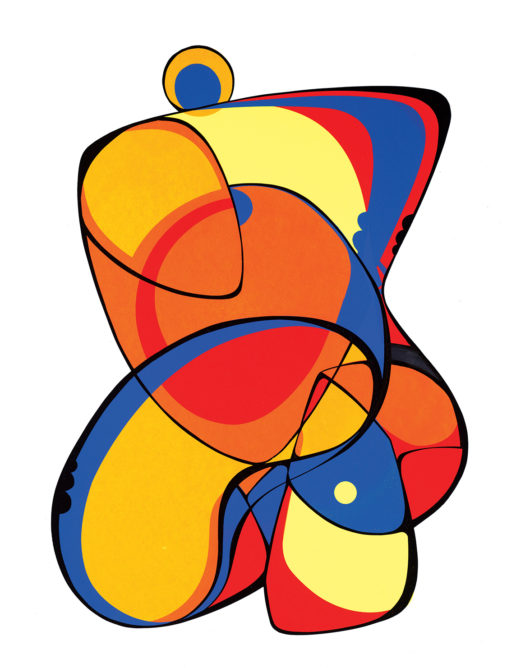
A special education teacher tackles fatphobia in our schools head-on, pointing out how we fall far short in our efforts to rid it from the classroom and how fundamentally detrimental fatphobia is to teaching and learning.
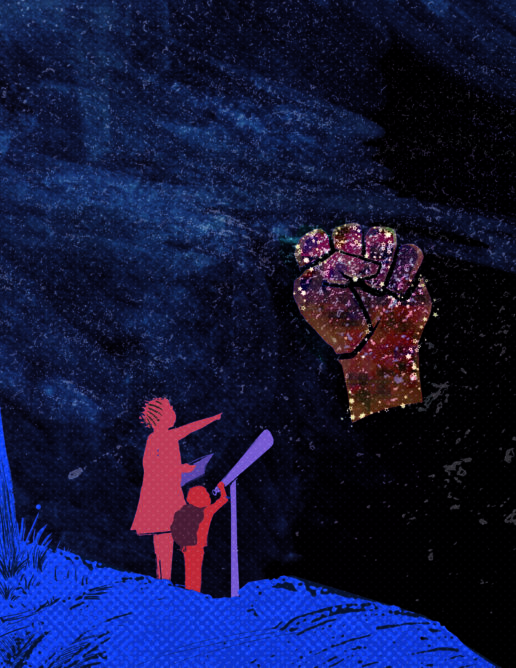
Just as workers are going to need unions, young people need to be organizing as students to make collective demands on the system as well as to meet their needs in an emergency.
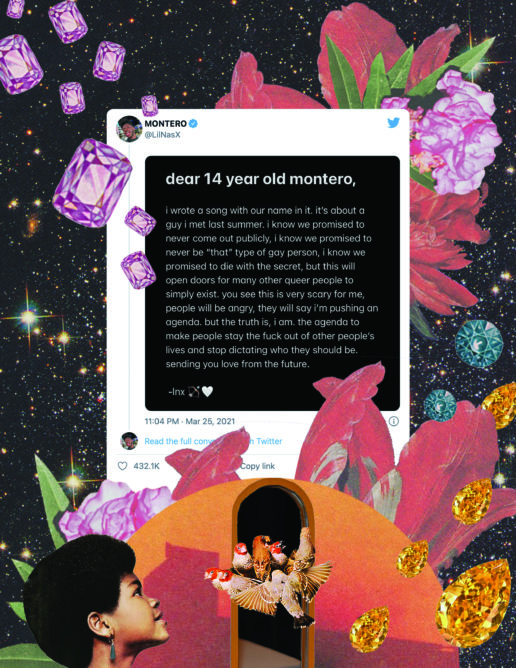
The letters are sweet and encouraging — had they been delivered, they could have changed their recipients’ lives.
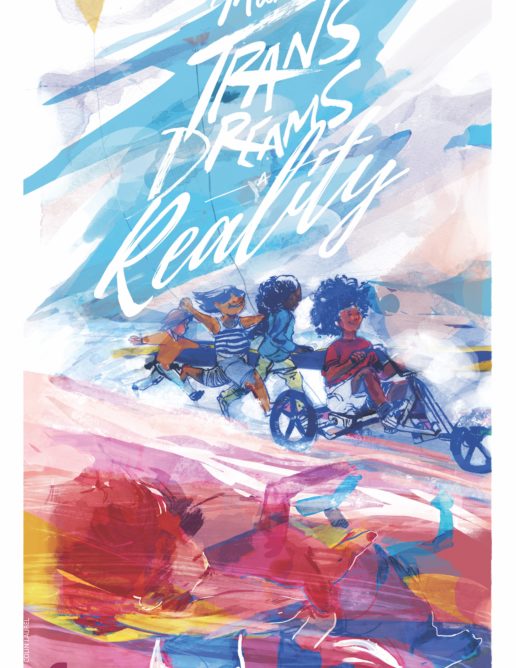
“Do you feel like a boy?” “No, mom. I’m a girl.” My daughter’s statement could not have been more direct, honest, and clear. In that moment I glimpsed how deeply gender-expansive people feel who they are, no matter what society has labeled them as at birth.